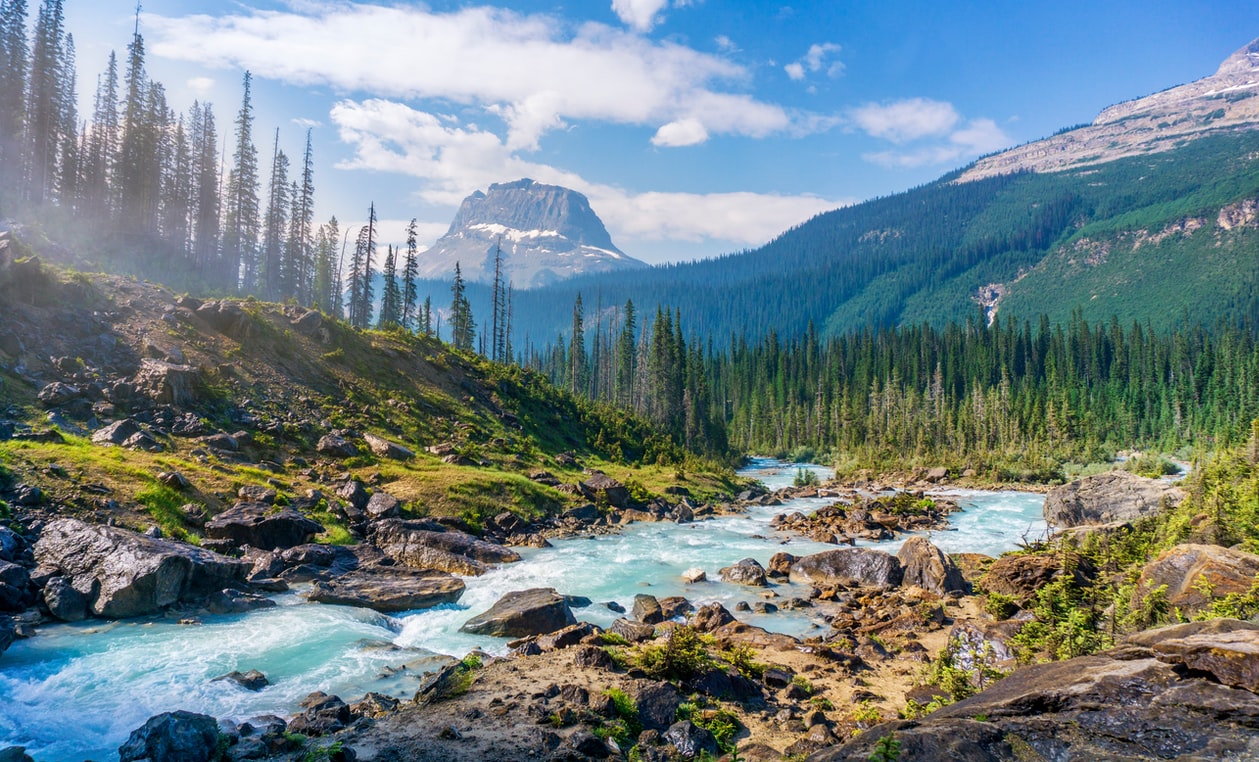
Canada’s First nations people lived a rich and full life off of abundant land and water resources or by raising crops and herding animals, as well as, by trading with their Icelandic neighbours, before being uncovered by Europeans in the 14th century.
French explorers were the first European settlers in the early part of the 17th Century in the area now known as Quèbec City, followed by English colonists later that century settling along the Atlantic seaboard. In the 18th Century, France and Great Britain battled to control the region, with the British defeating the French in 1759. However, the French speaking people living in the Province of Quebec have maintained their French heritage to this day.
This has led Canada to be a multiculturally diverse, bilingual nation, with English and French as their official languages, and with its First Nations people still actively speaking their own languages. Canadians come from more than 250 different ethnic backgrounds, and many different religions are practiced in Canada.
Canada is a democratic nation managed by a Federal Government who oversees laws which impact the whole country, while its 10 provinces are governed by individual Provincial Governments. First Nation people have elected councils which make decisions impacting their own communities.
Canada is highly diverse geographically, filled with wide open spaces and with heavily wooded forests, as well as, mountainous landscapes and many rivers, lakes and beaches, so it is the perfect place for those people who love the great outdoors.
Large parts of Canada are permanently covered in snow, and other areas receive high rainfalls, which offers great opportunities for participating in very adventurous sports and activities.
Canadians value equality and they are community focussed, and they are re known for being harmonious people who care about their environment, and so it is no wonder that Canada is consistently voted among the world’s best places to live.